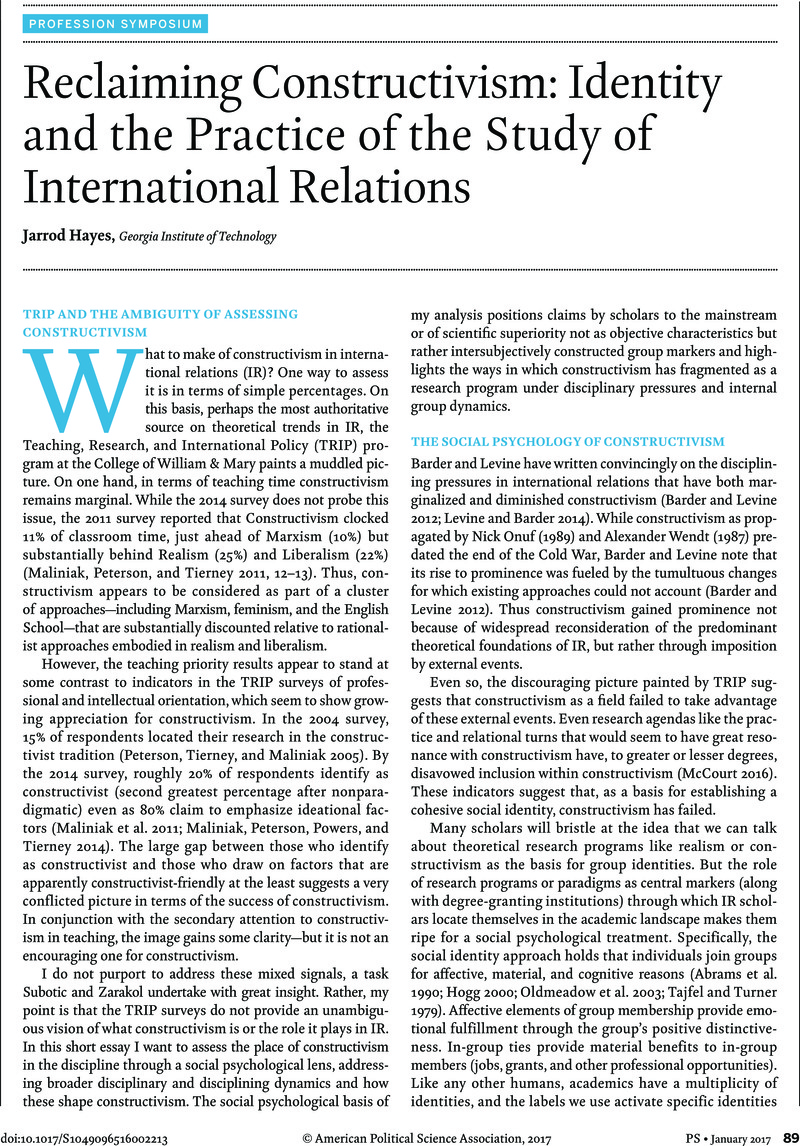Crossref Citations
This article has been cited by the following publications. This list is generated based on data provided by Crossref.
Charskykh, Ihor
2022.
Incorporated by the Mainstream: Constructivism in the Theory of International Relations.
Mediaforum : Analytics, Forecasts, Information Management,
p.
57.



